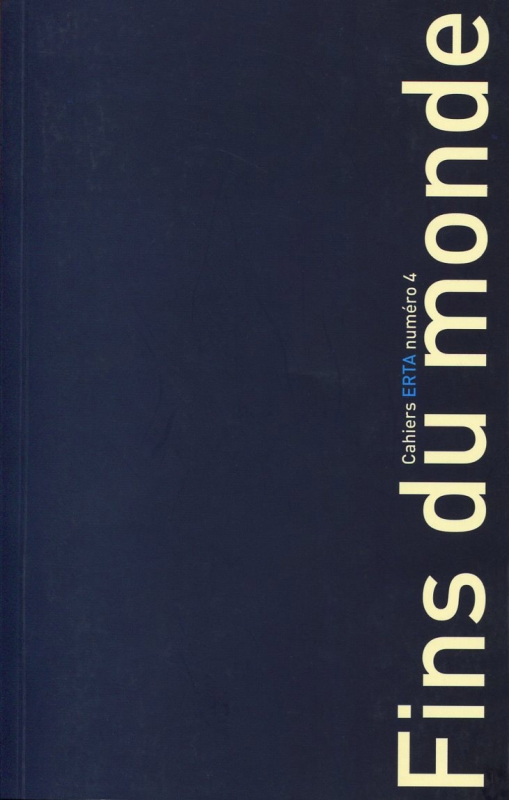About the end of the world that is not really the end : about the regeneration of the holy time in chosen works of Jules Verne (The Mysterious Island, The Eternal Adam)
Keywords:
end, beginning, cycle, The Mysterious Island, The Eternal AdamAbstract
This article aims at analysing the imaginary cycles and the regeneration of the Great Mythical Time in chosen works of Jules Verne (The Mysterious Island, The Eternal Adam). The analysis leads to a conclusion that in both these works the given theme plays an important role, whereas the appearance of the great cosmic cycles ending with spectacular catastrophes results in a readjustment of the images of the beginnings of the human civilisations (images of paradise, Atlantis, etc.). According to Verne, the end of one civilisation, or even our world, not only is an image of an irreversible apocalyptic disaster but also the beginning of a new civilisation.
Downloads
References
Chesneaux J., Jules Verne. Un regard sur le monde, Paris, Bayard, 2001.
Eliade M., La nostalgie des origines, Paris, Gallimard, coll. Folio, 2003.
Faivre J.-P., Le romancier des sept mers, [dans :] Touttain P.-A., Jules Verne. Cahiers de L’Herne, Paris, L’Herne/Fayard, 1988.
Foucrier C., Le mythe littéraire de l’Atlantide, Grenoble, Ellug, 2004.
Minerva N., Jules Verne aux confins de l’utopie, Paris, L’Harmattan, 2001.
Raymond F., L’odyssée du naufragé vernien,[dans :] Jules Verne Colloque de Cerisy, Paris, Union Générale d’Éditions, coll. 10/18, 1978.
Verne J., L’éternel Adam, [dans :] Hier et demain, Paris, Hachette, 1967.
Verne J., L’Île mystérieuse, Paris, Hachette, coll. Hetzel, 1999

 Academic Scientific Journals
Academic Scientific Journals





